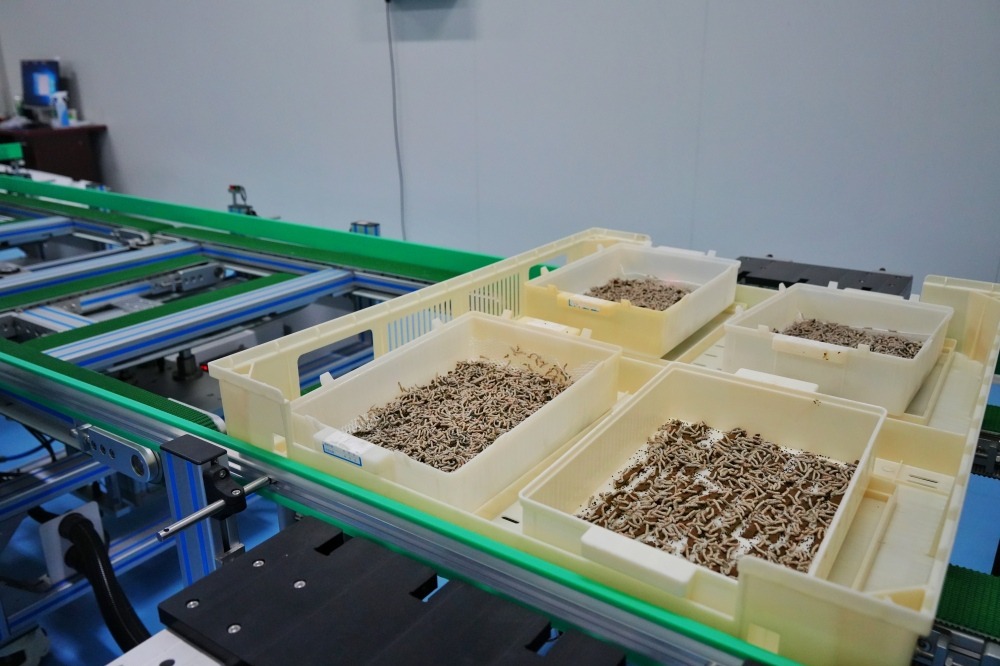Survivor: Rachel LaMont Reveals the Unexpected Mental Toll of Going Tech-Free

For fans of the reality TV show Survivor, the allure lies in the strategic gameplay, the social dynamics, and the stunning island locations. But there's a less-discussed element that profoundly impacts the contestants: the complete absence of technology. Rachel LaMont, a fan-favorite and winner of Survivor: Black Widow, recently shared her insights on how being cut off from the digital world affected her during her time on the show, revealing a surprising mental and emotional toll.
LaMont, who reached the final Tribal Council and ultimately claimed victory, spent a significant amount of time disconnected from the outside world. She’s uniquely positioned to speak on the experience, having endured a longer period without technology than many other players. In a recent interview, she delved into the unexpected challenges that arose from this digital detox, providing a fascinating glimpse into the psychological impact of isolation.
“It’s more intense than you think,” LaMont stated. “You’re so used to having information at your fingertips, to being able to connect with people instantly. Suddenly, that's all gone. You're relying solely on your own observations, your memories, and the relationships you're building in that moment.”
One of the most significant impacts, she explained, was the heightened sense of paranoia and uncertainty. Without the ability to check facts or confirm suspicions, players were forced to rely on their gut instincts and the often-unreliable accounts of their fellow castaways. This fostered an environment of constant questioning and doubt.
“You start second-guessing everything,” LaMont admitted. “Did that person really say that? Are they being honest with me? You become hyper-aware of every interaction, trying to read between the lines. It’s exhausting.”
Beyond the paranoia, LaMont also described a strange sense of disorientation. Accustomed to the constant stimulation of the digital world—news updates, social media notifications, emails—the silence and stillness of the island were initially jarring. This sensory deprivation, combined with the physical hardships of the game, created a unique and challenging mental landscape.
Interestingly, LaMont also noted a surprising benefit to the tech-free environment. The lack of distractions forced players to be more present and engaged in their surroundings, fostering a deeper connection with nature and with each other. Without the temptation to scroll through social media or check the news, contestants were able to focus entirely on the game and the relationships they were building.
“It really strips away the superficial layers,” she reflected. “You’re left with the raw, essential elements of human connection. You have to rely on each other, and you learn to appreciate the simple things.”
Rachel LaMont’s experience highlights a crucial, often overlooked, aspect of Survivor. While the physical challenges and strategic gameplay are captivating to watch, the mental and emotional toll of being disconnected from technology is a significant factor in shaping the players’ experiences. Her insights provide a valuable perspective on the power of digital detox and the surprising ways in which our brains adapt to the absence of constant connectivity. It's a stark reminder that sometimes, stepping away from our devices can lead to a deeper understanding of ourselves and the world around us. Perhaps this is a lesson Survivor contestants, and indeed all of us, can take to heart in our increasingly digital lives.





